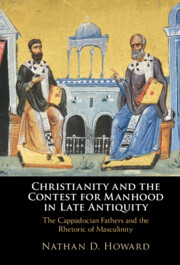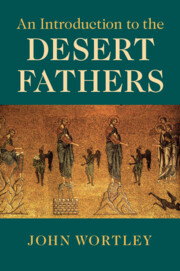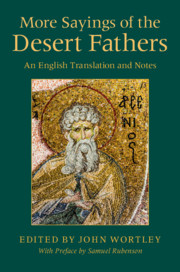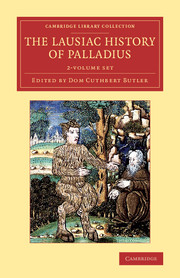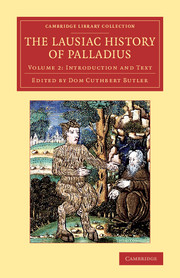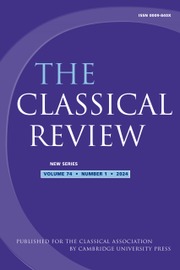Christianity and the Contest for Manhood in Late Antiquity
In this book, Nathan Howard explores gender and identity formation in fourth-century Cappadocia, where pro-Nicene bishops used a rhetoric of contest that aligned with conventions of classical Greek masculinity. Howard demonstrates that epistolary exhibitions served as 'a locus for' asserting manhood in the fourth century. These performances illustrate how a culture of orality that had defined manhood among civic elites was reframed as a contest whereby one accrued status through merits of composition. Howard shows how the Cappadocians' rhetoric also reordered the body and materiality as components of a maleness over which they moderated. He interrogates fourth-century theological conflict as part of a rhetorical battle over claims to manhood that supported the Cappadocians' theology and cast doubt on non-Trinitarian rivals, whom they cast as effeminate and disingenuous. Investigating accounts of pro-Nicene protagonists overcoming struggles, Howard establishes that tropes based on classical standards of gender contributed to the formation of Trinitarian orthodoxy.
- Illustrates how a culture of orality that had previously defined manhood in civic elites was reframed as epistolary contest
- Relates the pursuit of fourth-century masculine identity to exhibitions of sensory rhetoric in epistles among friends
- Shows that rhetorical tropes based on centuries-old standards of gender contributed to the formation of Trinitarian orthodoxy
Reviews & endorsements
'[This book] will be highly useful for scholars interested in the cultural, religious, and intellectual history of late antiquity.' Elizabeth Mattingly Conner, Bryn Mawr Classical Review
Product details
November 2022Hardback
9781316514764
350 pages
235 × 157 × 25 mm
0.7kg
Available
Table of Contents
- Introduction
- 1. The sweat of eloquence: epistolary Agōn and second sophistic origins
- 2. The Agōn of friendship: sensory rhetoric, aesthetics, and gift exchange
- 3. Personification of sacred Aretē
- 4. Agōn and theological authority: hagiography and polemics of identity.

